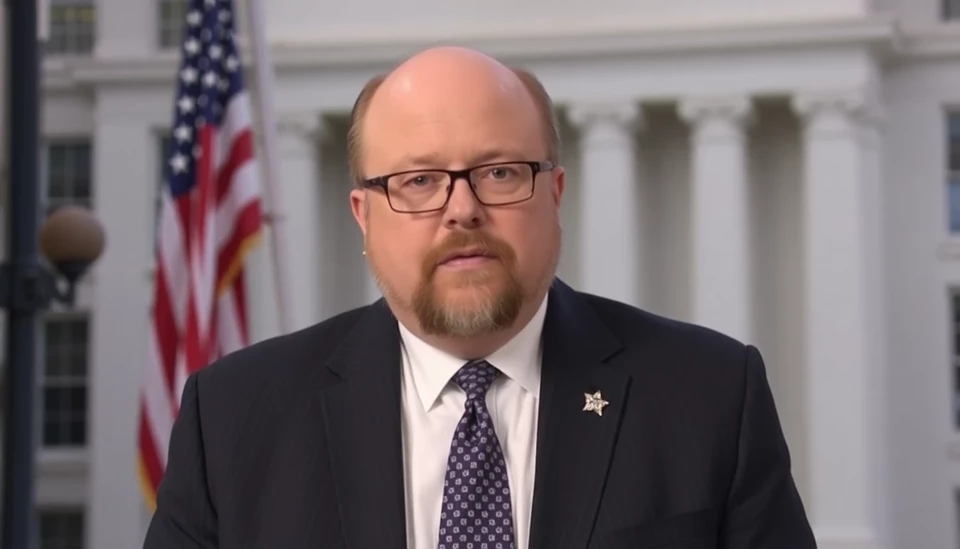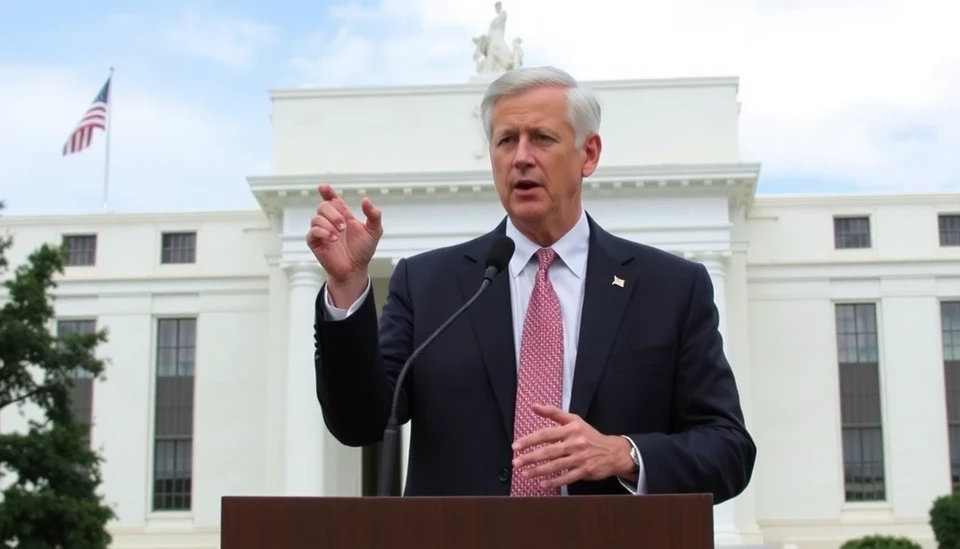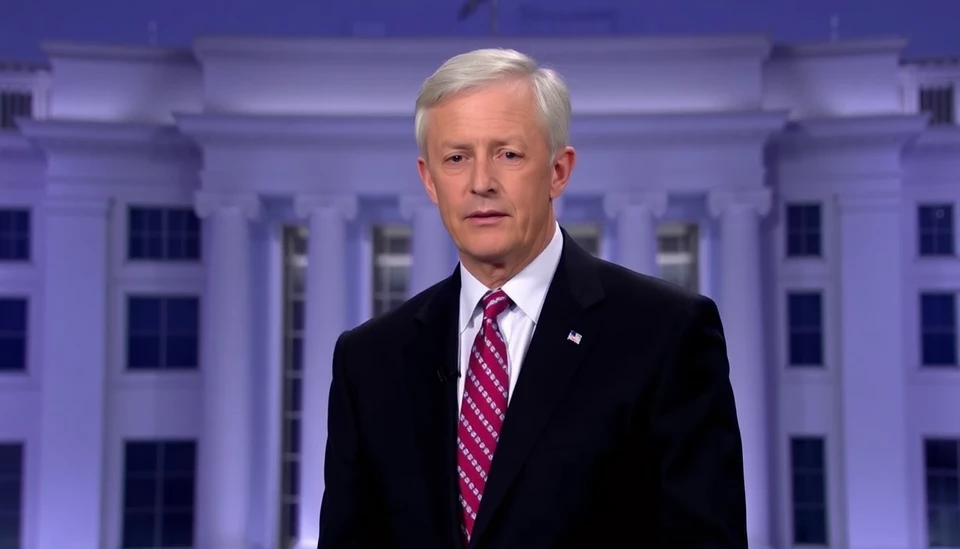
In a recent statement, Federal Reserve official Michael Kugler expressed heightened concerns regarding the impact of tariffs on the U.S. economy. Speaking at an economic conference, Kugler highlighted the complexities tariffs introduce into the financial landscape and indicated that their effects are likely to be more pronounced than previously anticipated.
Kugler's commentary emerged amid ongoing discussions surrounding U.S. trade policy and its implications for inflation, consumer spending, and overall economic growth. Experts observe that as tariffs increase the prices of imported goods, consumers may face squeezed budgets, leading to a potential decline in discretionary spending.
During his address, Kugler pointed out that the current economic climate is characterized by elevated uncertainty, influenced by shifting global trade policies. He noted that businesses are likely to react to these tariff changes by altering investment strategies and supply chains, which could further disrupt economic stability.
Moreover, Kugler emphasized the potential for tariffs to exacerbate inflation rates, indicating that higher costs for goods could translate into increased prices across various sectors. This, he argues, could pose a challenge to the Fed's efforts to maintain price stability while supporting economic growth.
Kugler’s remarks come as the Federal Reserve grapples with the dual objectives of managing inflation and fostering robust economic activity. The interplay of tariff policies remains a critical element in shaping the Fed’s monetary policy moving forward, with officials keen to assess how these changes might influence their projections and strategies.
The Fed has historically used interest rate adjustments as a tool to mitigate inflationary pressures and stimulate economic growth. However, with tariffs playing a significant role in the current environment, Kugler’s comments underscore the need for a careful approach in navigating these complexities. The emphasis on tariff impacts could lead the central bank to reassess its policy-making framework and consider alternative measures to counteract adverse economic effects.
Overall, Kugler's statement serves as a stark reminder of the interconnectedness of trade policy and macroeconomic stability. As the U.S. continues to navigate its trade relationships, the ramifications of tariffs will likely remain a focal point for economic policymakers in the months ahead.
Current discussions around tariffs and their implications are set against a backdrop of increasing political debate, with various stakeholders advocating for or against the existing trade policies. As data continues to emerge regarding the economic impacts of tariffs, the Federal Reserve will be closely monitoring these developments to inform its decisions moving forward.
In conclusion, Michael Kugler’s insights shed light on the potential challenges that tariffs pose to the U.S. economy and highlight the need for vigilance in the face of changing global trade dynamics. The Federal Reserve’s approach will be critical in addressing these challenges while striving to foster a stable and growing economy.
#FederalReserve #Tariffs #EconomicImpact #MichaelKugler #Inflation #TradePolicy #EconomicGrowth #MonetaryPolicy
Author: Laura Mitchell




